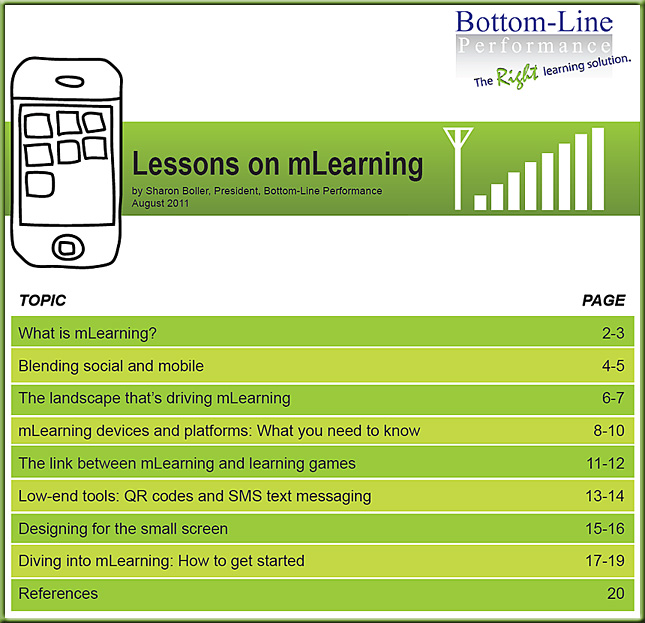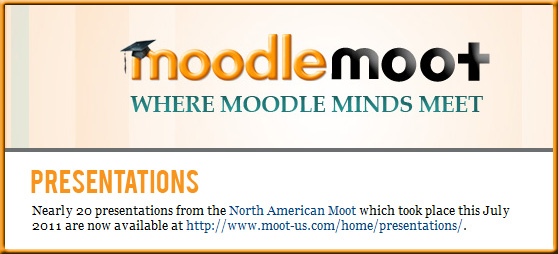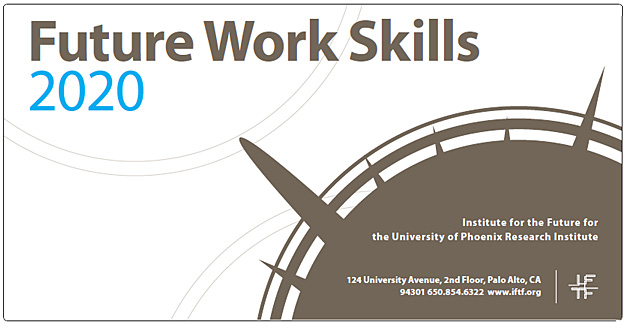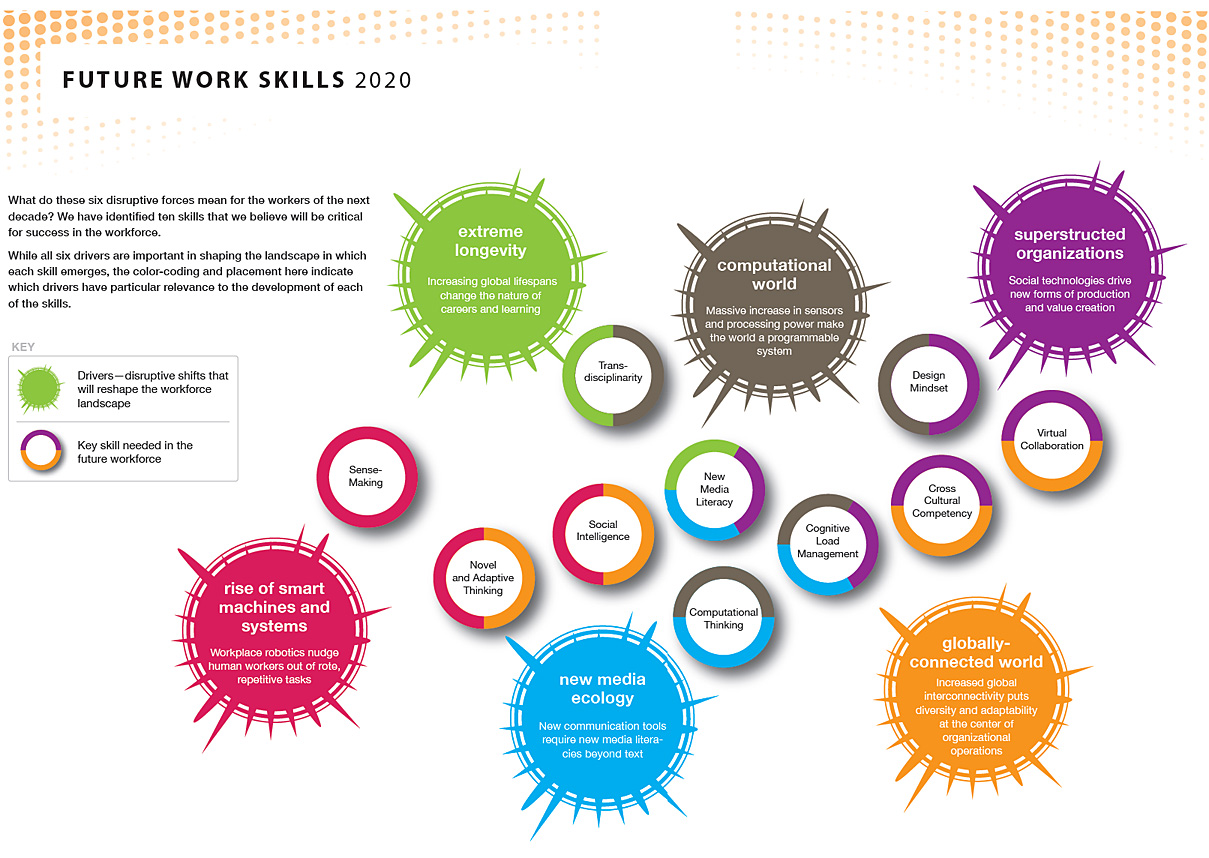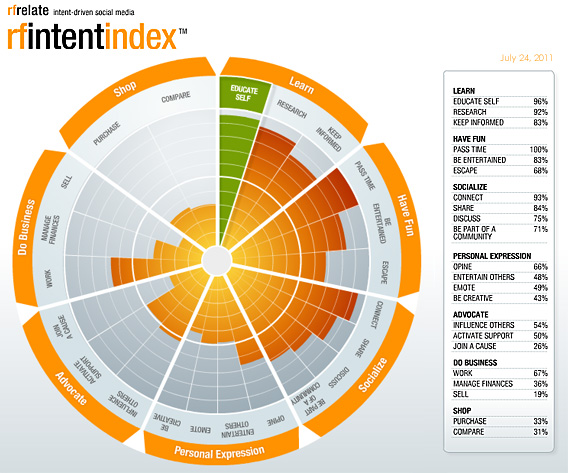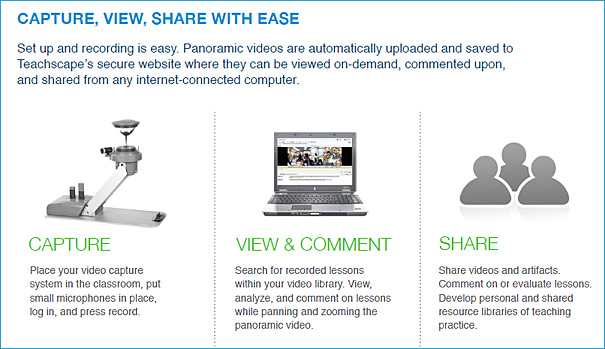edWeb.net – Networking, resource sharing, collaboration, and professional development for the education community
Also see:
Setting the pace while editing: Video 101 — from onlinevideo.net
Sometimes you need a fast cut and sometimes something slow suits the mood. Learn how you can tell your story more effectively by setting the pace.
Defending the Generalists in the Web Design Industry — from Smashing Magazine by Paul Boag
Excerpt:
In recent years there has been a move away from generalist Web designers to specialists such as content strategists, user experience architects and front-end coders. Where once there was a single job, there are now many, with ever-narrower spheres of responsibility.
While my peers are becoming more specialized, I have stoically refused to do so, remaining a generalist. If anything, my interests have broadened, encompassing subjects such as marketing, psychology and business strategy.
This has drawn criticism from some who view generalists negatively, which is in line with some of what I am reading in the blogosphere.
Where has this negativity come from, and is it justified?
From DSC:
This is a great writeup of the pro’s and con’s, benefits and drawbacks of being a generalist in the web design industry. My experience with web design and production is that it has been extremely difficult to keep up over this last decade — especially when one can not focus solely on web design and production in one’s daily tasks. For example, I’ve had to redirect my resources/energies into other areas, tools, pedagogies, learning theories, trends, systems-related projects, management, etc. — leaving little time to try to keep up with advances and changes within the arenas of front-end design and back-end development. I’ve been forced to be a generalist as well — but a few levels up. 🙂
Taking a second look at the untapped employment potential of the web — from learnoutlive.com by Andre Klein
Also see:
Learning TRENDS by Elliott Masie – July 13, 2011.
#670 – Updates on Learning, Business & Technology.
http://www.masie.com – The MASIE Center
Excerpt:
Corporate Learning & Higher Ed: Learning from Each Other! Every year, I am struck by how similar some of the issues are that colleges and universities face with learning approaches to our own challenges in the corporate world. Yet, our 2 worlds rarely discuss or collaborate. Well, I am very pleased and honored to announce that EDUCAUSE’s President, Diana Oblinger, will be a keynoter at Learning 2011, to be held in Orlando in November. EDUCAUSE is the association, with 2,300 colleges and universities as members, whose mission is to advance higher education through the use of technology. Diana will present research and perspectives on how learners are evolving, learning systems need to change and ways in which workplace learning and higher education learning can learn from and with each other. I am excited about helping to build this connection. Diana will be meeting with the CLO’s and other learning leaders at Learning 2011 to discuss how collaborating between our two worlds.
Info at http://www.learning2011.com
From DSC:
Thanks Elliott! Thanks Diana! Great idea!
Telepresence in the classroom: Enhancing breadth and depth of learning — from Cisco by Kerry Best
Excerpt:
All of a sudden, the classrooms lost their walls, and prior geographic and instructional limitations ceased to restrict learning.
- …[telepresence] can bring in teachers for important subjects in which current instructors may not have specialized expertise
- …take students on virtual field trips
- …for teacher education
- …bring historical figures to life
10 telling employment trends in academia — from bestcollegesonline.com; also saw this at the ASTD.org site
Excerpt:
The job outlook for university professors is a bundle of contradictions, confusing — and threatening — even the most prestigious of teachers. While a generation of professors is retiring and leaving new job openings, the economy is still crumbling, and slashed state budgets and diminished endowments make it difficult for schools to pay competitive salaries, or keep full-time professors on staff. Part-time and online positions are increasing, however, and professors now need to be even savvier about how they track their careers, just like professionals in other fields. Here are 10 telling employment trends for academics.












